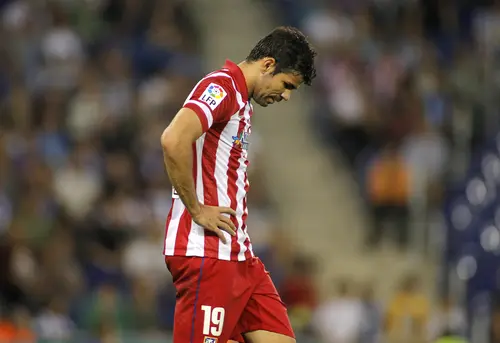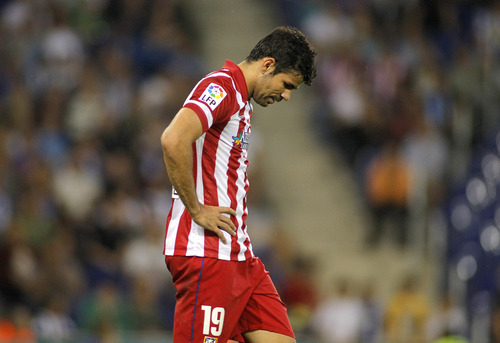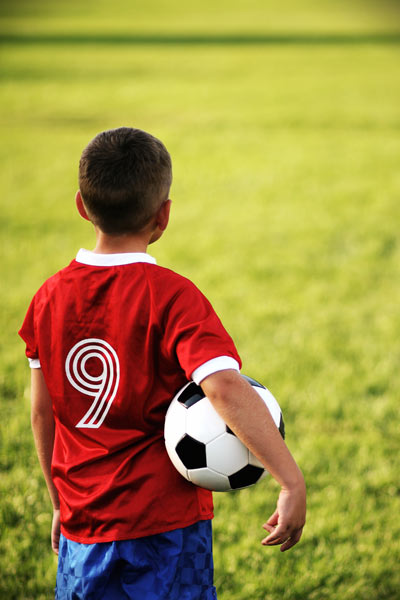
Aug 31, 2016 • 4 min read
What Is Performance Anxiety And What Can We Do About It?
Posted in:
Thousands of times a day, worldwide, a child or teenage athlete wakes up on game day with a huge knot in his or her stomach. As they go through their pre-game routine, their tension and nervousness build up and their thoughts run wild, turning to worry and then anxiety:
I have to play well today.
I must have a good game to make my parents proud. They’ve spent so much money and time on me.
If I don’t play well today, coach might bench me.
Some young athletes develop headaches and other physical problems from this stress and have to bow out of competition right before the event starts. Some grit their teeth and do their best to hide their inner turmoil. Most finish their event wondering why they can’t perform in the game like they do in practice.
For all of them, pressure has damaging consequences to their young minds and bodies and often sets them up for a lifetime of unhealthy coping mechanisms when dealing with stress.
In survey after survey, doctors report that 90 percent of all office visits are due to stress. So what do we do with our young athletes in sports? We put more stress on them in a misguided attempt to “prepare them for the real world.”
I work with young athletes every day and I’m here to tell you that there is already enough pressure and stress on them without parents adding more. The pressure on young athletes today, to come through with winning performances, is much greater than previous generations. Between their coaches, teammates and the pressure to uphold their ego and self-identification as an athlete in their sport, that’s all they need to learn to prepare for the competitive adult world.
Parents need to do everything they can to avoid adding more stress and pressure to their athletic kids.
Now, I have to say that many parents are pretty good about cheering on their kids and not overtly adding stress. However, what they don’t realize is that they’re adding stress without knowing it in a number of ways:
- Any time a parent offers unsolicited advice about how to perform better.
- Whenever a parent communicates disappointment in body posture or facial expressions, let alone words or tone of voice.
- When parents hug, hold and touch their kid in celebration of good performances and withhold doing that after poor performances.
- When praise only comes after good performances.
 Young athletes subconsciously pick up on these signals more than you might guess. They can easily make kids feel like they’re letting their parents down. I can’t tell you how many times I’ve heard from kids that the most important thing in the world to them is making their parents proud.
Young athletes subconsciously pick up on these signals more than you might guess. They can easily make kids feel like they’re letting their parents down. I can’t tell you how many times I’ve heard from kids that the most important thing in the world to them is making their parents proud.
Parents of young athletes must recognize that their No. 1 job is to support their kids by making sure that they clearly receive communication and that their approval of their child is not dependent on how he or she performs in their sport.
The irony of this whole thing is that when parents put this kind of pressure on their kids, it actually is more likely to hurt performance. If you ask any sports psychologist what is the No. 1 issue holding all athletes back, you will get an answer similar to this: “Performance anxiety.”
Young athletes play their best when they play for the love of their sport and their own internal desire to challenge and improve themselves. Parents can help out by consistently praising their young athlete. Leave the coaching to the coaches.
Craig Sigl’s work with youth athletes has been featured on NBC TV and ESPN Sports Radio. Get his free ebook: “The 10 commandments for a great sports parent” and also a free .mp3 guided visualization to help young athletes perform under pressure by visiting MentalToughnessTrainer.com.
